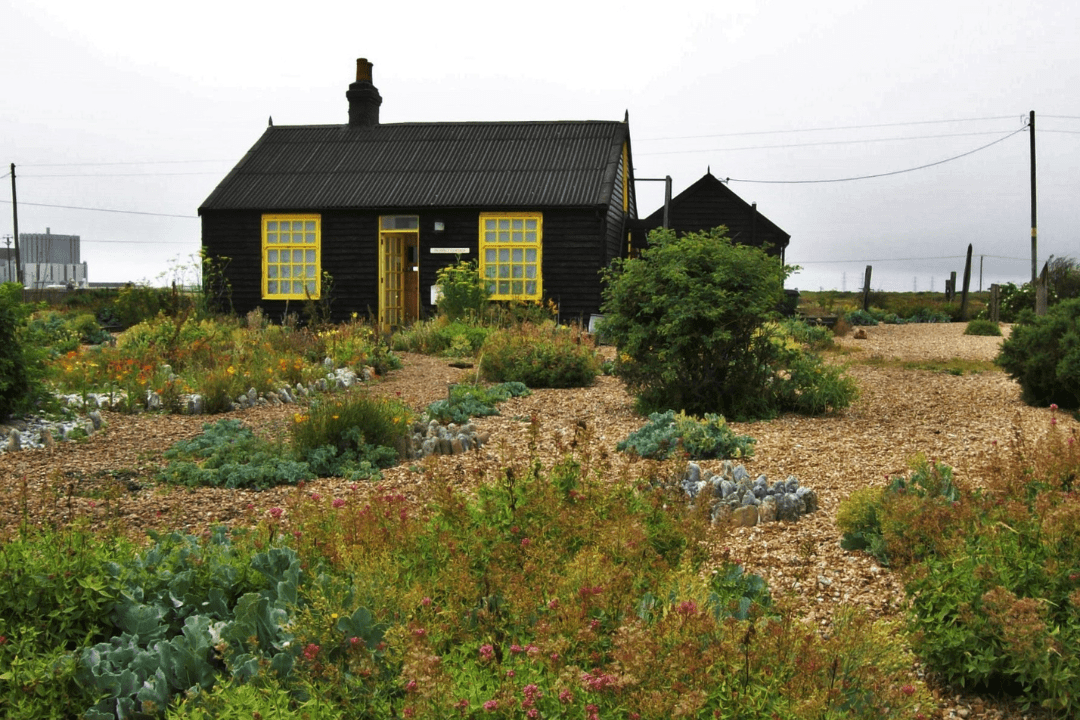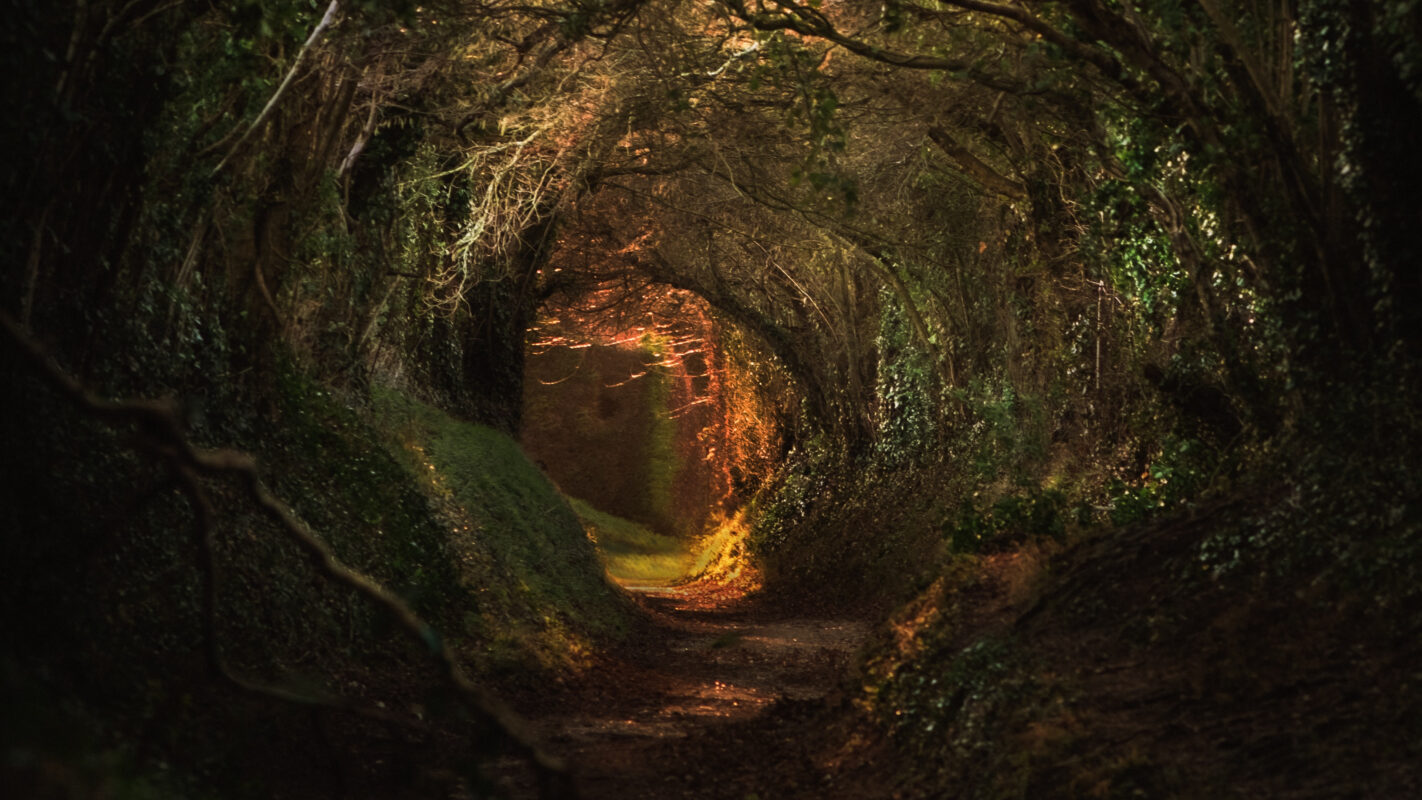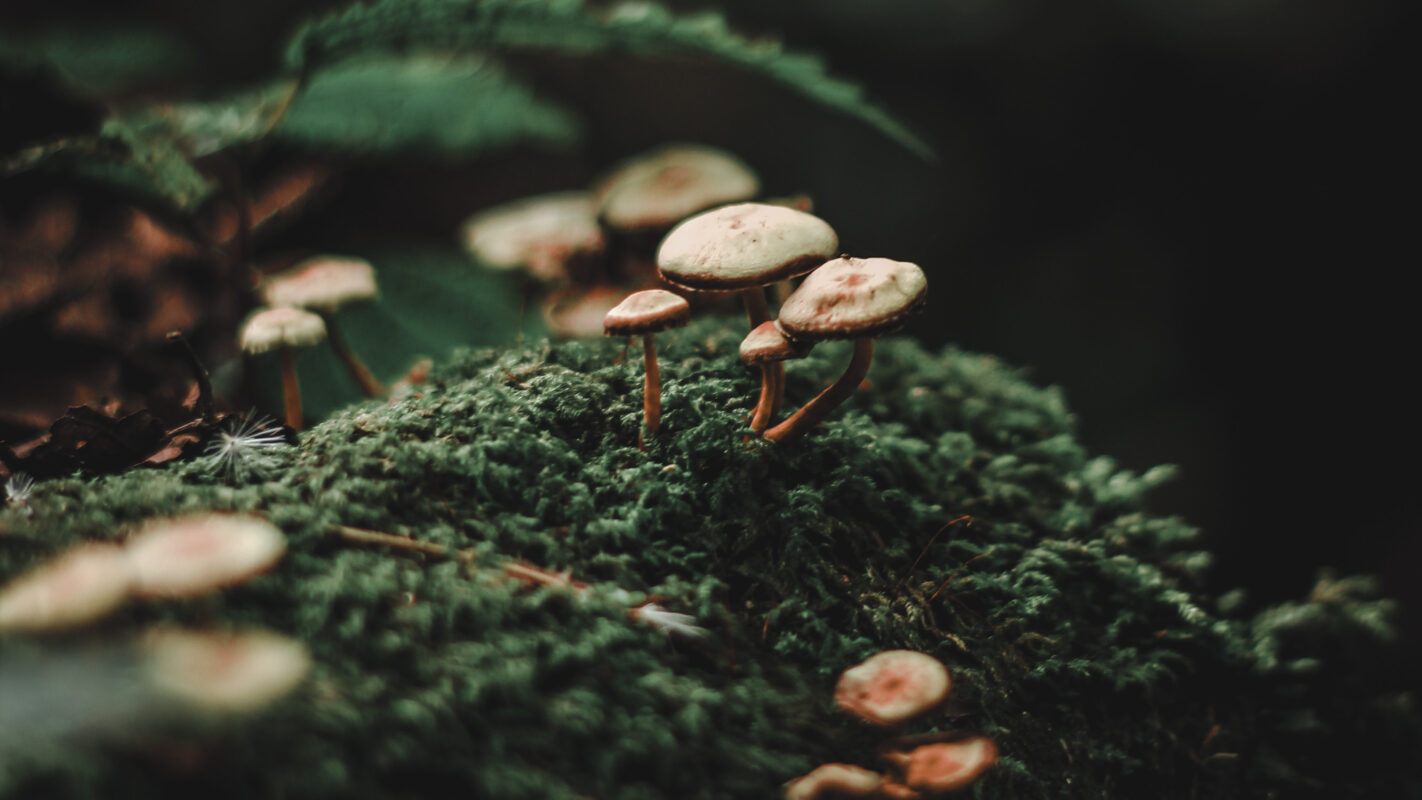Hi all! On social media, I see a lot of writers finding discomfort in calling themselves a writer. I often feel that way, too. Recently reading Modern Nature by the writer, artist and film producer Derek Jarman, I’ve reevaluated that discomfort a bit, and identified some causes. Maybe it’s useful to share?
Art and capitalism
Modern Nature is Derek Jarman’s journal. It spans two years towards the end of his life after he started his garden at Dungeness, Kent. A mixed account of flower-lore, film-making, and his first-hand experience of the 1980’s AID’s crisis that would kill him four years later, the book is beautiful and surprisingly uplifting.
It’s helped me reconnect with my creativity in the aftermath of change and let me think of myself as a creator. I’ve not wanted to ‘over-identify’ with the things I do by confusing them with who I am, but after reading Jarman I understand more clearly the origins of my discomfort in calling myself a writer.
Process or product?
Jarman is unapologetic about creating. The thought of being apologetic doesn’t seem to occur to him in Modern Nature. I wondered where he got that courage from. Clues came up in the space he seems to see between his process of creating and the created ‘products’ of his films. Through this distinction, I’ve been seeing my own process of creating art through the capitalist lens.
Is writing a novel ‘productive’? Is this really the best way I could be spending my time? Can I call myself a writer, if I’m not being paid to do it? Does it even count as work, if it doesn’t make money? What does ‘work’ even mean? Is it fanciful – arrogant, even! – to call myself such a thing?
Well, no. When I step out of that automatic thinking, I realise it doesn’t chime with me at all. The disconnection that can occur between capitalism and purpose is even a theme in Albion Awakes – and still sometimes I forget it! Writing is just something I do. If someone wants to sell my book without changing its core story, then great! I’ll work hard to make it sell-able – but I’m not writing to sell a product; that’s not my purpose. My purpose is the process.
So I’m going to try hard and hesitate less, when saying I’m a writer. Creating can go back to being an activity, something that makes my heart sing, and connects me to others in this world. That’s value enough, eh?
Ta, Derek!



